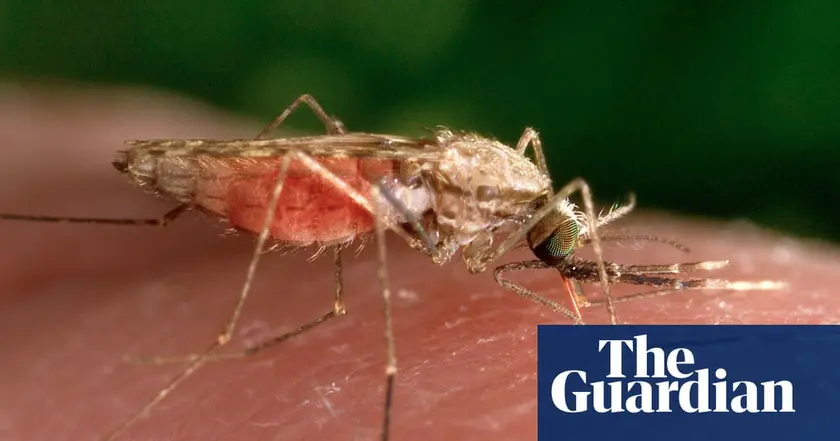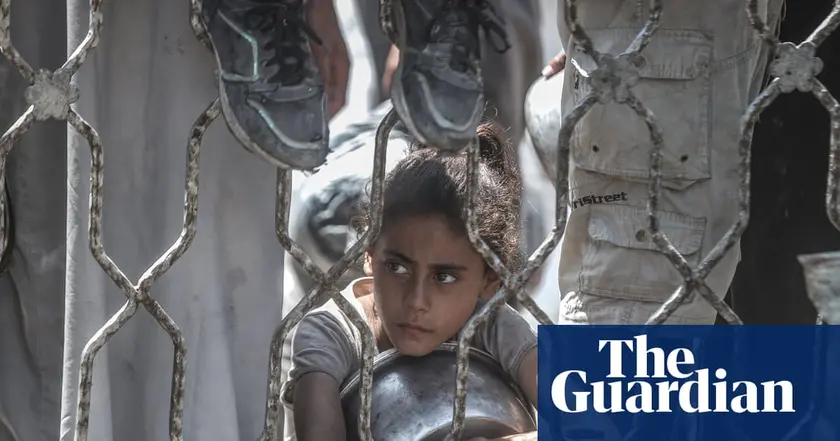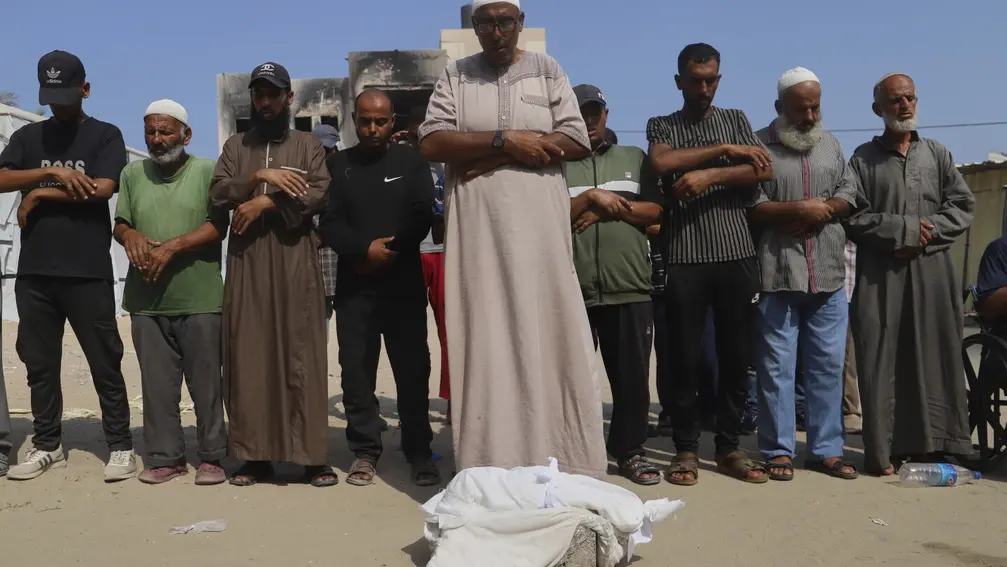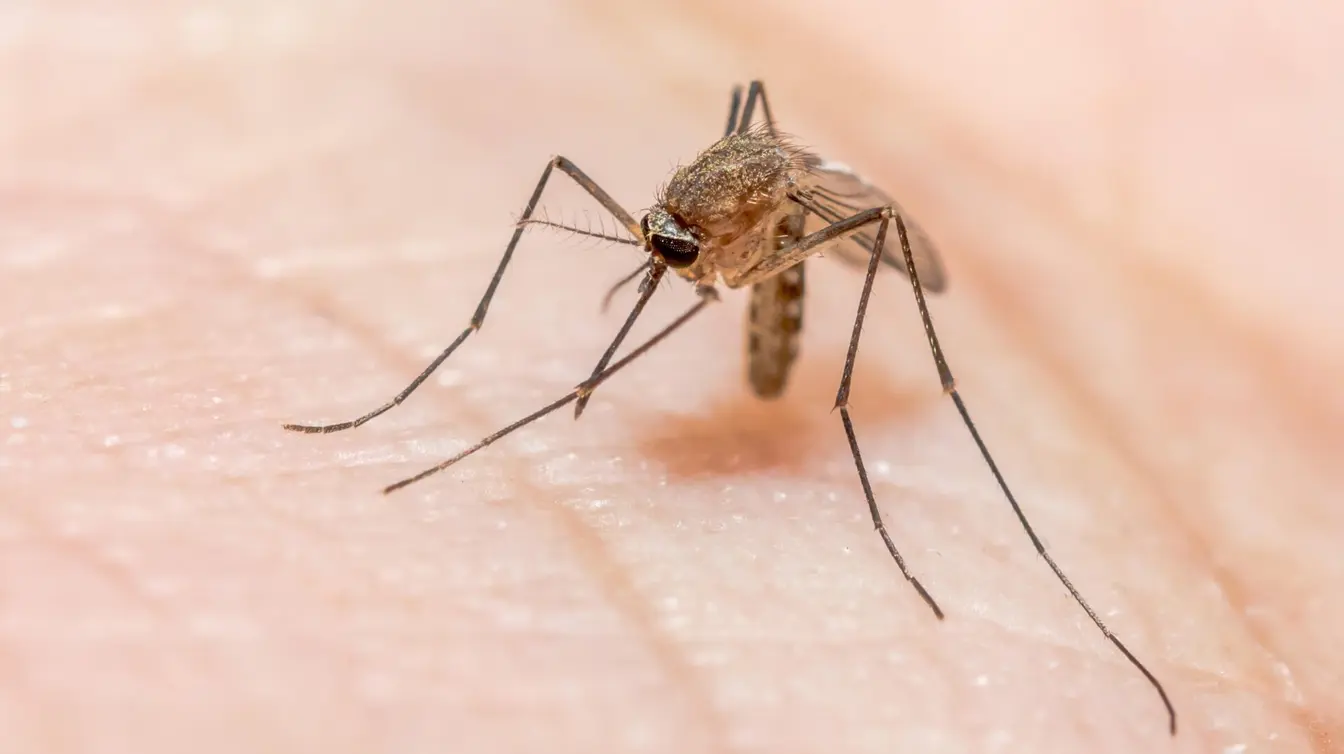T4K3.news
Zimbabwe malaria crisis linked to aid cuts
Malaria cases and deaths rise as funding for prevention declines, prompting questions about aid and policy.

Zimbabwe faces a renewed malaria surge as foreign funding declines, stressing the health system.
Zimbabwe Malaria Crisis Deepens After Aid Cuts
Zimbabwe is seeing a sharp rise in malaria cases and deaths this year, linked to reductions in U.S. funding for health programs. Data cited by the Guardian show malaria deaths from January to May rising from 45 in 2024 to 143 in 2025, with total cases near 120,000 by late June. The Zimbabwe Entomological Support Programme in Malaria, which supports mosquito control and prevention, has been weakened by the funding cuts, limiting the government's ability to distribute nets and medicines.
Officials say the country is relying on its own budget to fill the gap, but the scale of the shortfall is hundreds of millions of dollars. The African Union aims to curb outbreaks by 2030, but climate change is shifting mosquito patterns and disease risk. Short-term protections like bed nets and testing kits remain essential, while broader climate action is needed to reduce future outbreaks.
Key Takeaways
"The malaria was back with a vengeance straight after the cuts, and numbers of cases that were waning rebounded in 2025."
Comment from Professor Sungano Mharakurwa reported via Guardian
"If mosquito nets and preventive medicines for pregnant women are unavailable, lives will be lost."
Expert warning cited in reporting
"When the supply of test kits and first-line treatments is disrupted, malaria cases and deaths will spiral."
Expert warning cited in reporting
The episode shows how disease control hinges on steady international support as much as on domestic capacity. When aid streams dry up, prevention programs falter and vulnerable communities pay the price.
The Zimbabwe case exposes a tension between immediate health needs and longer term policy choices about funding. Climate factors will likely intensify the challenge, making predictable support even more critical for public health security in the region.
Highlights
- Aid cuts turn malaria into a race against time
- Mosquito nets are not luxuries they are lifelines
- Without funding prevention becomes a death sentence
- Climate and funding collide with deadly effect
Malaria funding cuts risk political backlash and public health crisis
The article links political funding decisions to a malaria crisis in Zimbabwe. Such topics involve budgets, international aid and governance, which can provoke debate and backlash.
Steady funding is a test of a society's willingness to protect its most vulnerable.
Enjoyed this? Let your friends know!
Related News

Malaria cases surge in Zimbabwe following US funding cuts

US ends Gaza ceasefire talks amid stalled negotiations

Senate Democrats urge Trump to halt Gaza humanitarian funding

Starvation crisis worsens among children in Gaza

Surge in nitazene overdoses raises alarms across Europe

Infant malnutrition crisis claims another victim in Gaza

Rhino horn trafficking ring busted in SA

Capitol presence links Trump pick to January 6
